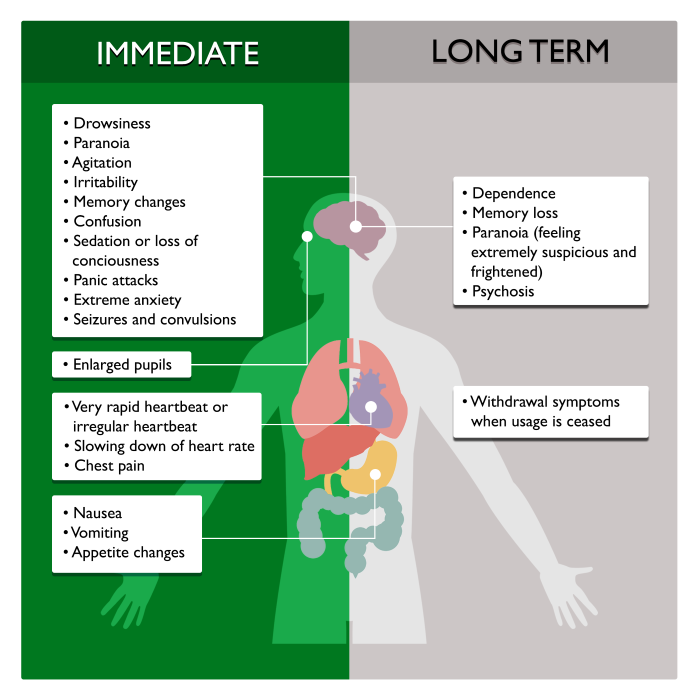What are Synthetic Cannabinoids?
Synthetic cannabinoids are drugs that are often sold as a ‘legal’ alternative to cannabis. They claim to have similar effects. They are often sold as ‘herbal smoking blends’ with different brand names, such as ‘K2’, ‘Spice’, and ‘Kronic’. Even though these blends are often sold in stores or online and marketed as ‘legal’ and ‘safe’, many contain ingredients that are actually illegal and potentially very dangerous.
Usually these blends are plant material that have been sprayed with one or more active chemicals so that, when smoked, they mimic some of the effects of cannabis. As the active ingredients used are often synthetic and produced in laboratories, they are neither ‘herbal’ nor ‘natural’. Instead these drugs are designed to be stronger than traditional cannabis, and therefore may pose a greater risk.
Blends often contain a mixture of different active ingredients, despite being sold under the same brand name. In addition to this, ingredients can change as different substances are made illegal, although the brand name may stay the same. So buying the same brand twice doesn't mean that the contents will be the same and therefore the effects may be different.
What are the effects of Synthetic Cannabinoids?Like other new psychoactive substances, taking these is like a roll of the dice, and the immediate and long-term effects are still unknown.
The effects of synthetic cannabinoids can vary depending on the ingredients of the product. Effects can be immediate or long-term, as listed in the table below.
| Immediate |
Long-term |
| Drowsiness |
Early information suggests that use of some synthetic cannabinoids may lead to a range of problems including: |
| Enlarged pupils |
Dependence (see glossary) |
| Paranoia |
Withdrawal symptoms when usage is ceased |
| Agitation |
Memory problems |
| Irritability |
Paranoia (feeling extremely suspicious and frightened) |
| Memory changes |
Psychosis |
| Confusion |
|
| Sedation or loss of consciousness |
|
| Panic attacks |
|
| Very rapid heartbeat or irregular heartbeat |
|
| Slowing down of heart rate |
|
| Chest pain |
|
| Extreme anxiety |
|
| Nausea |
|
| Vomiting |
|
| Appetite changes |
|
| Seizures and convulsions |
|

Evidence BaseThis factsheet was developed following expert review by researchers at the Matilda Centre for Research in Mental Health and Substance Use, The University of Sydney, the National Drug & Alcohol Research Centre, UNSW. See detailed attachment for a list of sources for this information.